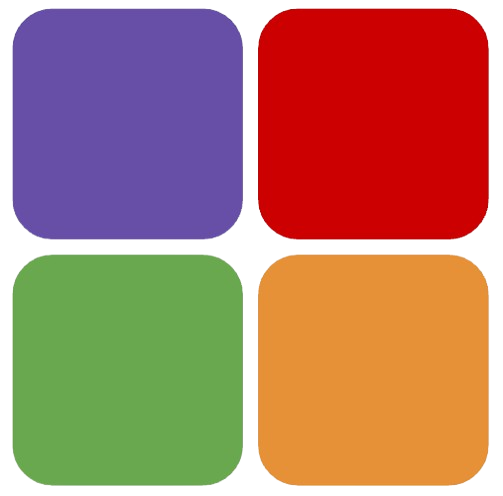55 | The Story of the Mexican Fisherman
Sometime in the last decade, I read the following story on the wall of a Jimmy Johns while waiting on my #5 Vito to come off the line. My perspectives on my career and my relationship with money have not been the same since.
An American investment banker was at the pier of a small coastal Mexican village when a small boat with just one fisherman docked. Inside the small boat were several large yellowfin tuna. The American complimented the Mexican on the quality of his fish and asked how long it took to catch them.
The Mexican replied, “only a little while."
The American then asked why didn’t he stay out longer and catch more fish?
The Mexican said he had enough to support his family’s immediate needs.
The American then asked, “but what do you do with the rest of your time?”
The Mexican fisherman said, “I sleep late, fish a little, play with my children, take siestas with my wife, Maria, stroll into the village each evening where I sip wine, and play guitar with my amigos. I have a full and busy life.”
The American scoffed, “I am a Harvard MBA and could help you. You should spend more time fishing and with the proceeds, buy a bigger boat. With the proceeds from the bigger boat, you could buy several boats, eventually you would have a fleet of fishing boats. Instead of selling your catch to a middleman you would sell directly to the processor, eventually opening your own cannery. You would control the product, processing, and distribution. You would need to leave this small coastal fishing village and move to Mexico City, then LA and eventually New York City, where you will run your expanding enterprise.”
The Mexican fisherman asked, “But, how long will this all take?”
To which the American replied, “15 – 20 years.”
“But what then?” asked the Mexican.
The American laughed and said, “That’s the best part. When the time is right you would announce an IPO and sell your company stock to the public and become very rich, you would make millions!”
“Millions?" asked the fisherman, "Then what?”
The American said, “Then you would retire. Move to a small coastal fishing village where you would sleep late, fish a little, play with your kids, take siestas with your wife, stroll to the village in the evenings where you could sip wine and play your guitar with your amigos.”
The first time I read it, and every time since then, I've gotten goosebumps. It paints a picture of the ultimate form of sustainable income - complete work-life integration.
To be clear, this is very different from work-life balance.
There is no scale measuring the amount of work or life.
There is no mental clock keeping track of time allocated to work or life.
There is no black and white distinction between what is work and what is life.
It's nowhere close to being a "workaholic" for any skeptics out there.
There is no finish line, because a finish line would be disappointing.
Work-life integration flips the retirement equation on its head and slowly quiets the longing for “more” and amplifies the call for "better".
The integration leads to generating income from something that leverages natural gifts and skillsets, allows for managing risk of burnout, has a long (or indefinite!) time horizon, and allows time to be spent doing things that matter to you.
That has always seemed more appealing to me than "grinding it out" to a finish line and then calling it quits.

